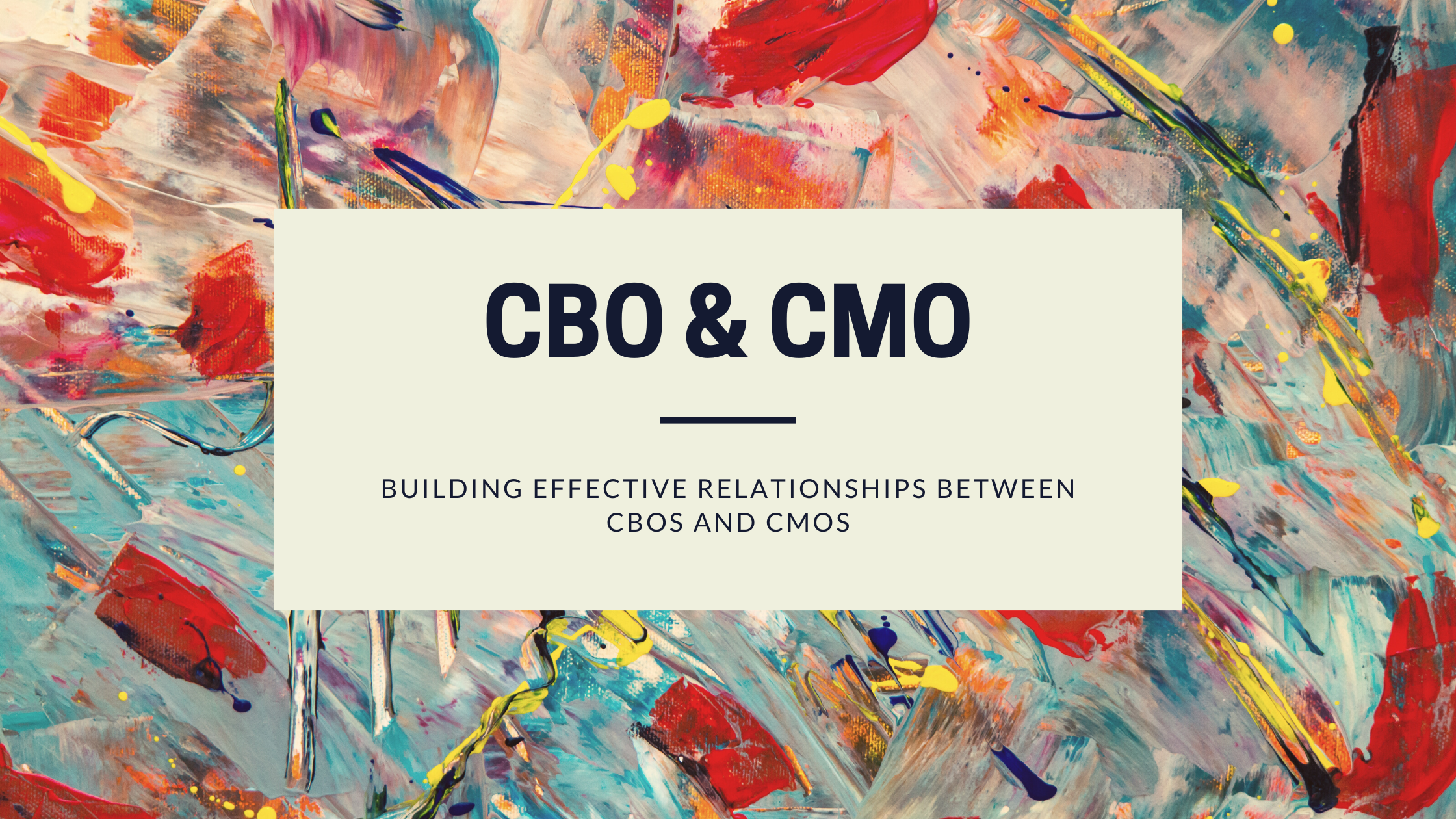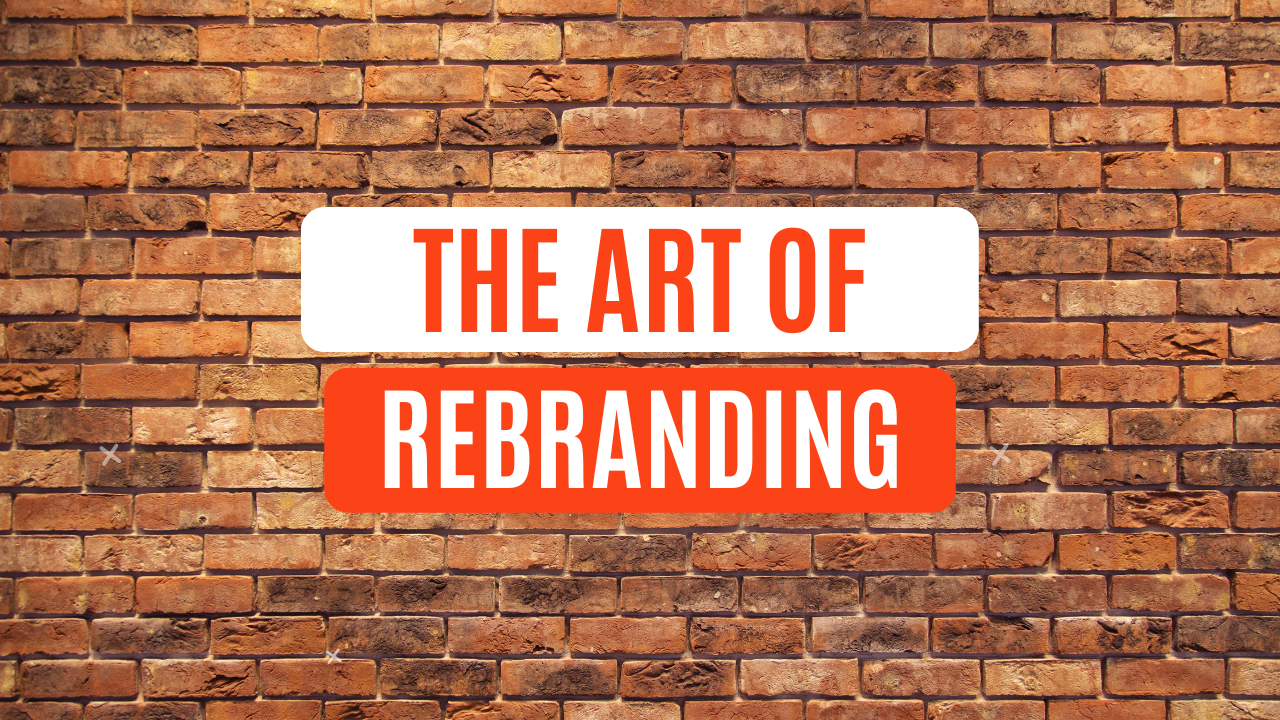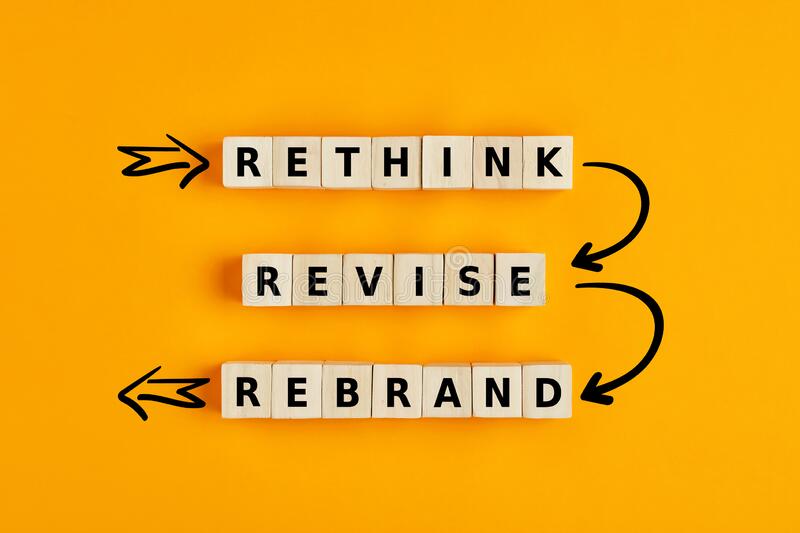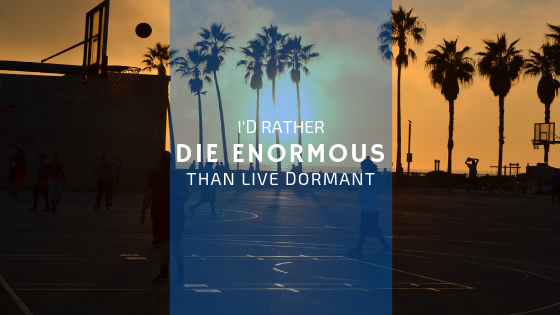Facebook’s F8 developer’s conference completed last month, a platform for, amongst other things, Zuckerberg’s speech about the devotion he has about branching out beyond social media. Adweek calls him the “Oprah of the Digital Age” From airplanes and satellites, to chatbot assistants that mean you will never have to call a business again and Virtual Reality, Zuckerberg aims high and is aiming in many directions. There were talks for entrepreneurs as well as developers, followed by breakout sessions, with varied topics about the “Infrastructure That Serves Billions”, the 360 videos, and the future of video on Facebook, analytics, engagement driving, and best practices for businesses and brands, and privacy.
The name derives from the storied traditions of eight hour hackathons at Facebook HQ and speaks to the work ethic that made the conferences possible. F8 conferences are not held every year, there was no F8 in 2009, 2012, or 2013, but aside from those aberrant years, they have been held every year since the founding event in 2008.
This article from Adweek speaks on the F8 Conference, and the “new social” that Facebook is branching out into. I was quoted in this article:
“Ryan Stoner, strategy director, Publicis Seattle, predicted that the week-old video hub, in particular, will drive revenue on multiple fronts.
“In-the-moment marketing and entertainment has become a hot advertising opportunity,” Stoner said. “Facebook’s push to own the livestream space allows it to creep into Snapchat and Periscope’s territory to steal real-time user participation. It’s not so much about capturing new kinds of engagement as it is preventing users from going elsewhere.””
To expand on those thoughts from the article, if Facebook can convince users to spend 5 extra minutes on Facebook vs. on the other networks, that means brands must reassess where they are spending their time to connect with customers. As video influencers become an even hotter commodity for brand marketers, Facebook is putting itself in a position to be the one that drives value for your business by offering influencers the most engagement tools possible.
And with this focus on chatbots, social media networks are becoming more and more alike, as each channel tries to copy its competitors’ features to be the one-stop social spot. Right now Chatbots on Messenger, WeChat, Kik and other platforms are simple, back-and-forth responses. The user doesn’t actually have to do much. I think this is a crucial point. So many people are concerned with having chatbots that you actually try to have conversations with, but a lot of the functionality around bots in platforms like WeChat is really just pushing people to micro-apps that have their own unique interface. Facebook’s chatbot ecosystem just unbundles this in a more human way, but everyone is still having the same chatbot experience. For brands we work with, I am interested in finding ways to leverage more human-like conversations through chatbots that can deliver value through personalized interactions. Right now bots function as virtual assistants – you can order an Uber, book a flight, find you a job, and more. The challenge for brands will be breaking free from the service chatbots to create unique experiences that really engage or entertain within the messaging ecosystem.





